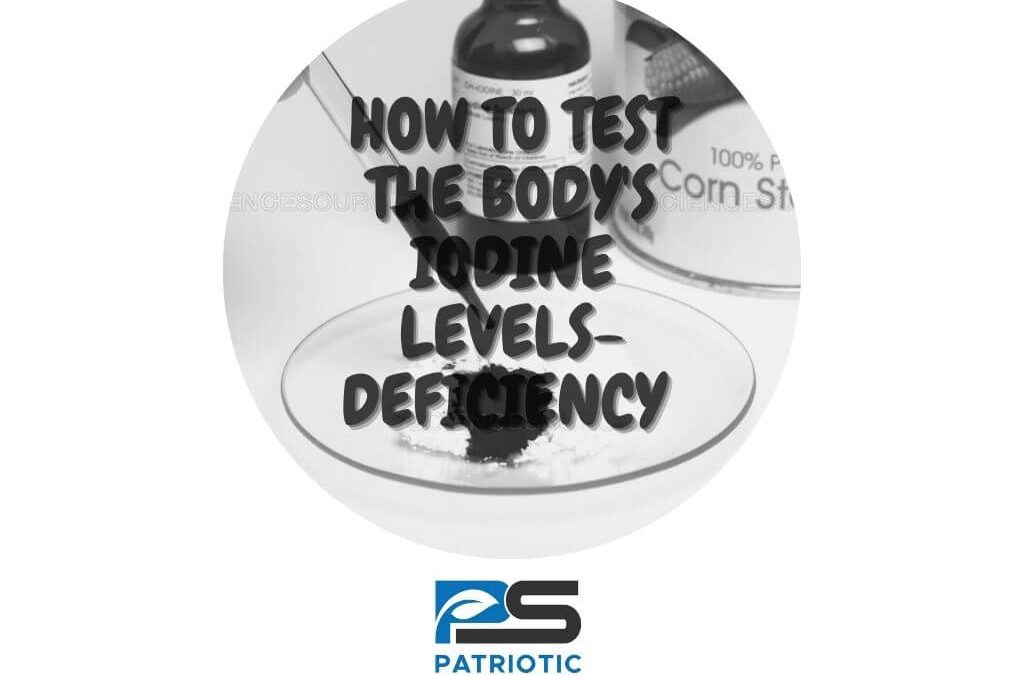Iodine Test
Iodine deficiency is re-emerging in many locations around the world. Since this essential mineral is required for the synthesis of thyroid hormones, the major indication of an iodine deficiency include hypothyroid symptoms. Furthermore, an iodine deficiency during pregnancy can result in cretism, lowered intellectual quotients (IQ), mental retardation, autism, increased infant mortality, growth stunting and impaired movement. Iodine may also play a role in the maintenance of healthy breast tissue and cancer prevention. Its antioxidant, immune regulating and estrogen modulating functions may be mechanisms by which these properties can be explained. Its antioxidant, immune regulating and estrogen modulating functions may be mechanisms by which these properties can be explained. It is vital that all practitioners are aware of the effects of an iodine deficiency and investigate it in their patients.
Iodine Deficiency
Some believe that iodine deficiency is a thing of the past, that it was resolved in the 1930s with the iodisation practices. In actual fact current public health recommendations to restrict salt intake, combined with a decline in the use of iodophors by the dairy industry and in commercial bread production, has actually lead to the re-emergence of this mineral deficiency in many locations around the world. For example, recent research has indicated that severe iodine deficiency has more than quadrupled in America over the last 20 years; increasing from 2.6% to 11.7%. Even more disconcerting is the observation that nearly half of the pregnant women in these areas also have this mineral deficiency. Attention to this matter by practitioner is therefore urgently required because of the serious implications for maternal and child health.
How do you test for iodine deficiency?
f your doctor suspects you have an iodine deficiency, they will usually check your iodine levels in one of four ways:
- Urine test: This is the simplest and fastest test. You’re able to get results in minutes, but it’s not as accurate as some of the other iodine tests.
- Blood test: This is a simple and accurate test for iodine levels in the body. However, it takes more time to read than a urine test.
- Iodine patch test: The iodine patch test is a test where doctors paint a patch of iodine on your skin and check how it looks 24 hours later. For those who are not iodine deficient, the patch fades no sooner than 24 hours. But a deficiency will likely cause the iodine to be absorbed into the skin more quickly. This test is not the most accurate, but it’s inexpensive and relatively quick.
- Iodine loading test: This test measures how much iodine you excrete in your urine over a 24-hour period. It’s not the fastest test; nor is it the most convenient. (You need to collect every urine sample you have in a 24-hour period.) But it’s quite accurate.







